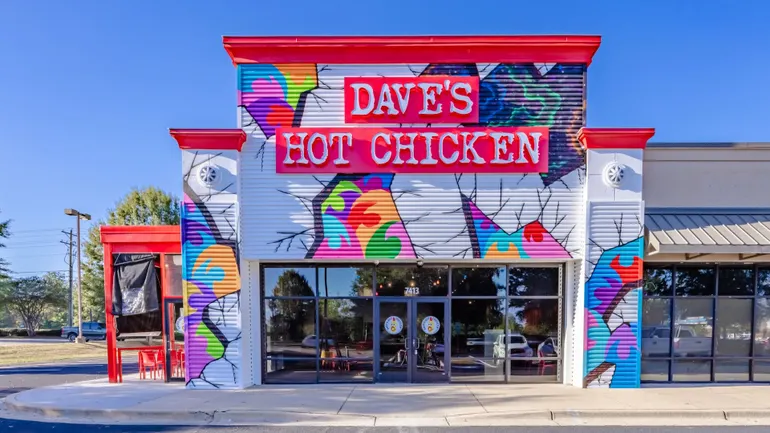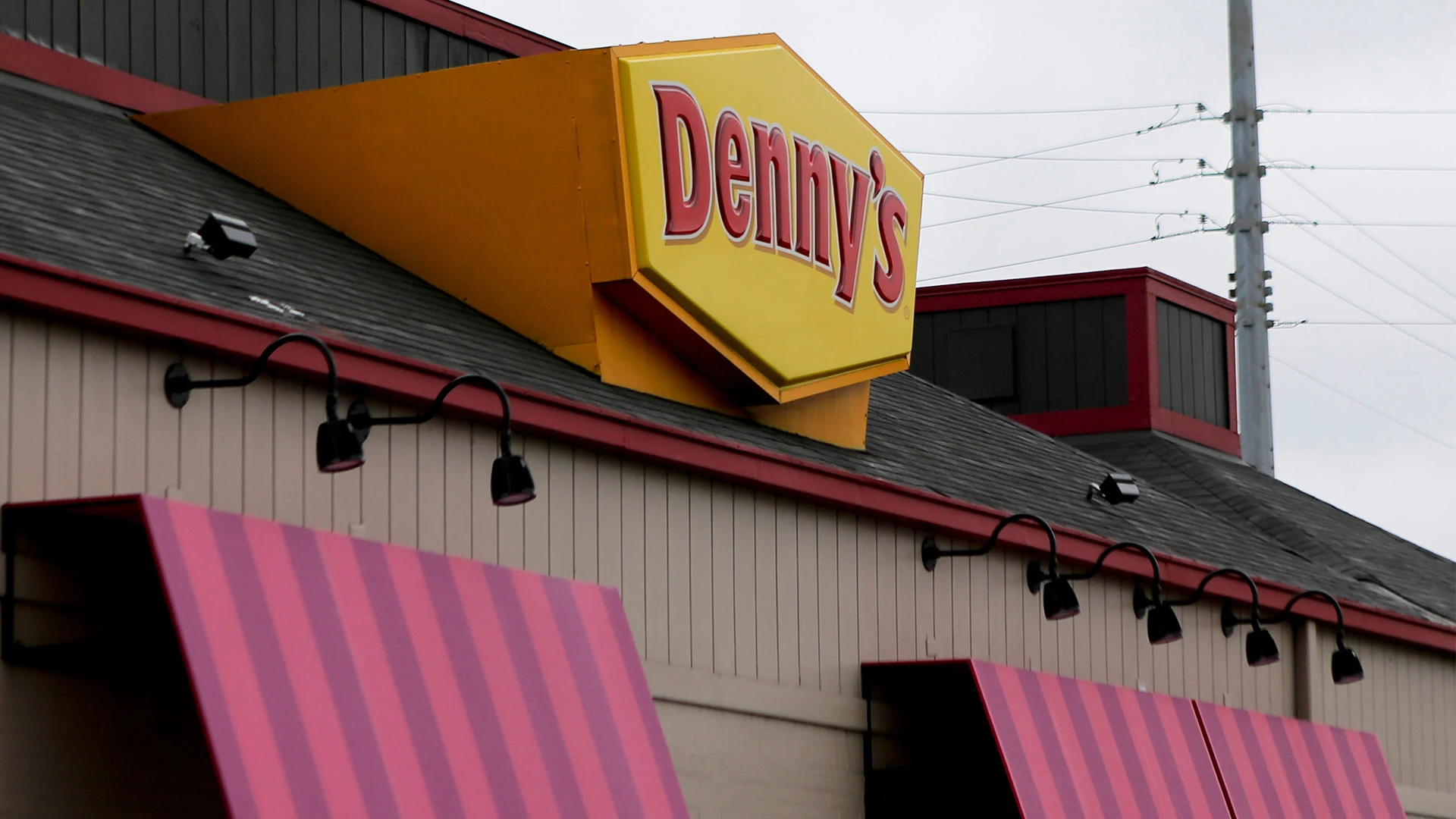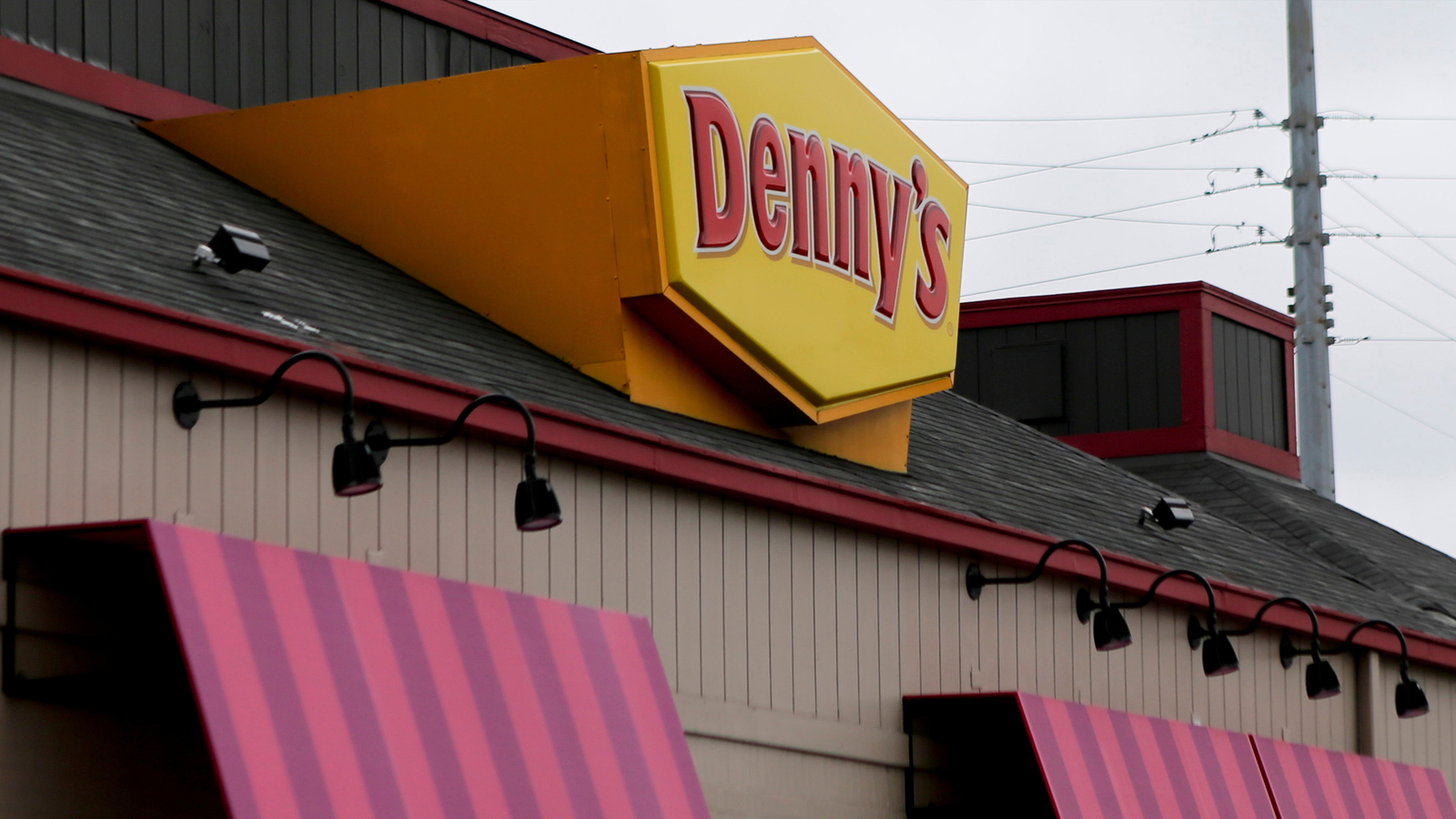fromNonprofit Quarterly | Civic News. Empowering Nonprofits. Advancing Justice.
3 weeks agoBlue-State Pensions Are Subsidizing the Billionaire Takeover: This Must Stop! | Nonprofit Quarterly | Civic News. Empowering Nonprofits. Advancing Justice.
The truth about this money: It is invested with some of the worst actors engineering the current takeover. That includes private equity firms, venture capitalists, and asset managers-the most powerful corporations in the world and the billionaires that run them. Many of these people are actively supporting the Trump administration; most are doing little to nothing to oppose it. And all oversee millions, if not billions, of dollars in worker and community capital.

















